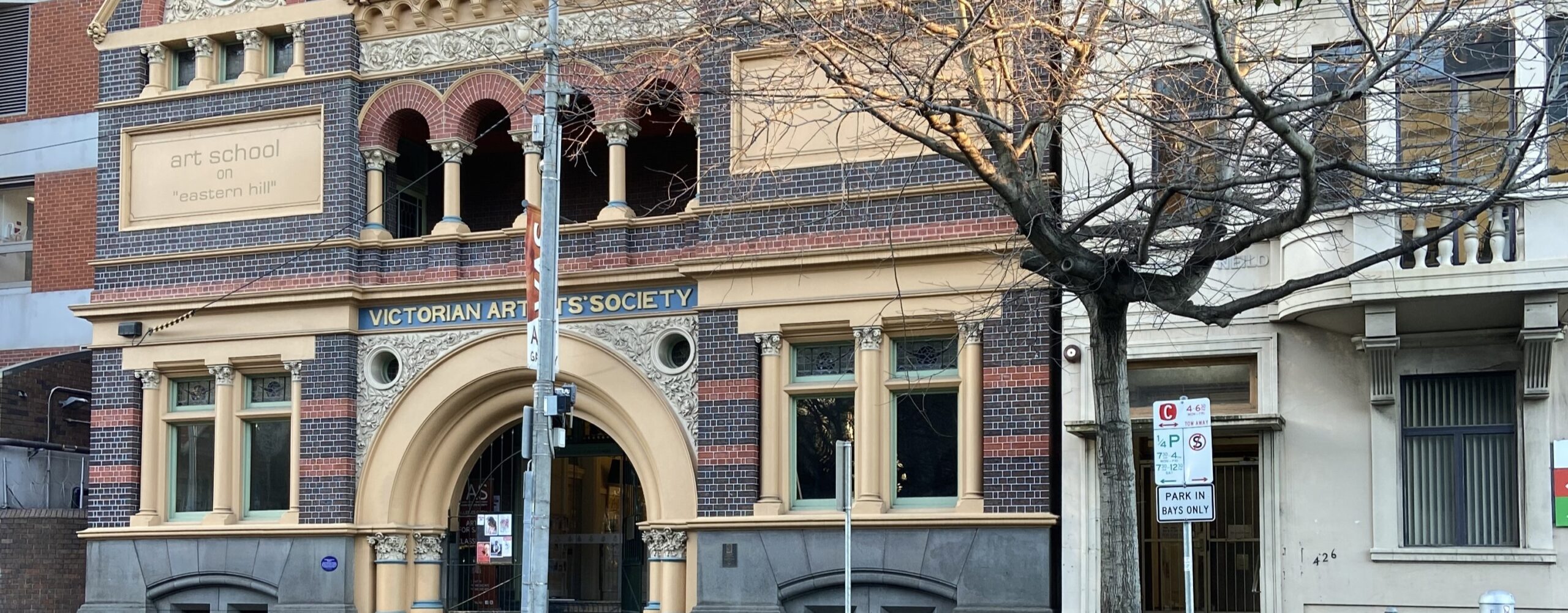a window into our collective soul and reflecting the diverse experiences of humanity. However, the outbreak of the COVID-19 pandemic in early 2020 brought about unprecedented challenges for the arts and cultural sectors worldwide. As venues closed their doors, performances were canceled, and artists faced financial uncertainty, the pandemic forced us to reconsider the role of theatre and the arts in our lives and the resilience of these creative forms.
One of the immediate impacts of COVID-19 on theatre and the arts was the closure of performance spaces, including theaters, concert halls, galleries, and museums. This abrupt cessation of live events disrupted the livelihoods of countless artists, technicians, and support staff, highlighting the vulnerability of the industry and the need for greater support and investment.
However, the pandemic also prompted the arts community to adapt and innovate. Virtual performances, livestreamed concerts, and online exhibitions became the new norm, allowing artists to connect with audiences even during lockdowns. These digital platforms, while not a replacement for the in-person experience, demonstrated the enduring power of art to inspire, comfort, and provoke thought, even in times of crisis.
Moreover, the pandemic highlighted the importance of the arts in addressing mental health issues exacerbated by social isolation and anxiety. Theatre, music, and visual arts have served as outlets for expression, helping individuals cope with their emotions and providing a sense of community during a period of physical distancing.In addition to its therapeutic value, the arts have played a crucial role in reflecting and critiquing the societal changes brought about by the pandemic. Through plays, films, and exhibitions, artists have explored themes of isolation, resilience, inequality, and the fragility of human existence, giving voice to the collective experiences of a global community in crisis.
As we move forward, the COVID-19 pandemic has underscored the need for greater resilience and support for the arts and cultural sectors. Investments in infrastructure, digital capabilities, and financial stability are vital to ensuring that theatre and the arts can continue to thrive in a post-pandemic world. The enduring spirit of creativity and adaptability within the arts community has proven that even in the face of adversity, the arts will continue to be a source of inspiration, reflection, and healing for us all.

